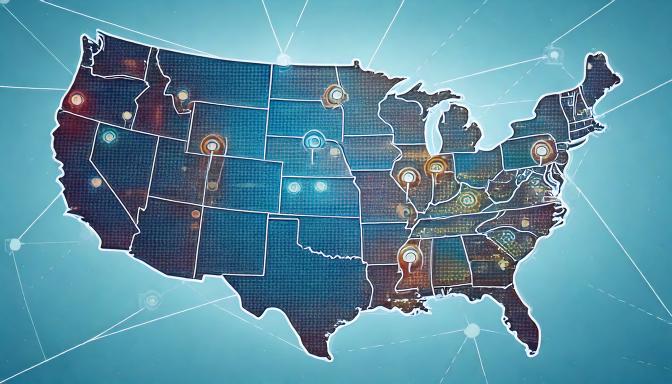The ongoing debate between U.S. mobile carriers and regulators over unlocking mobile devices is intensifying. At the center of the issue is a proposed rule by the Federal Communications Commission (FCC) that would require all mobile service providers to unlock a consumer’s device within 60 days of activation. While consumer advocacy groups see the move as empowering for users, carriers such as T-Mobile and AT&T strongly oppose it, arguing that it would negatively affect consumers by reducing access to affordable phones.
What’s Happening & Why This Matters
The FCC is considering a rule that would mandate mobile carriers unlock phones 60 days after they are activated. This proposal aims to provide users with more flexibility to switch carriers, increase competition, and reduce costs for consumers.
T-Mobile and AT&T have expressed strong opposition, claiming that the unlocking mandate would lead to fewer affordable handsets and limit access to high-quality devices. T-Mobile argues that the 60-day rule would force them to cut subsidies for devices by up to 70%, making higher-end phones like the iPhone and Samsung Galaxy less accessible to consumers. They also say that the rule could increase phone theft and fraud.
According to T-Mobile, the current model allows them to offer cheaper phones through locking policies. The company also warns that the proposal would harm consumers by decreasing options for affordable, high-performing handsets. AT&T shares similar concerns, asserting that the mandate would drive up handset prices and negatively impact low-income customers who rely on subsidized phones.
Responses
Consumer groups support the FCC’s proposal, viewing locked phones as an unnecessary restriction that limits consumer freedom and stifles competition. They argue that removing the lock would simplify the market, making it easier for consumers to switch between service providers without purchasing new devices. Advocacy organizations like Public Knowledge and Consumer Reports have submitted filings supporting the rule, citing Verizon’s automatic unlocking policy as a model for the industry. They argue that locked phones disadvantage low-income customers and impede access to a thriving secondary market for used devices.
Verizon, which is already subject to unlocking rules due to its spectrum licenses, supports a universal unlocking approach but asks for reasonable timeframes to prevent fraud. They argue that a minimum 60-day locking period for postpaid users and a 180-day period for prepaid users would balance fraud prevention with consumer benefits.
TF Summary: What’s Next
The FCC’s proposal has sparked heated debate with carriers pushing back against the unlocking mandate, while consumer groups champion more flexibility for users. The FCC will likely implement the rule, but the specifics (i.e., whether or not prepaid customers are included or how to address subsidies) remain uncertain. The debate’s outcome can reset how U.S. mobile service providers operate impacting both the availability of affordable phones and ease carrier transfers.
TF is monitoring if the FCC creates a middle road between consumer advocacy and competition.
— Text-to-Speech (TTS) provided by gspeech


